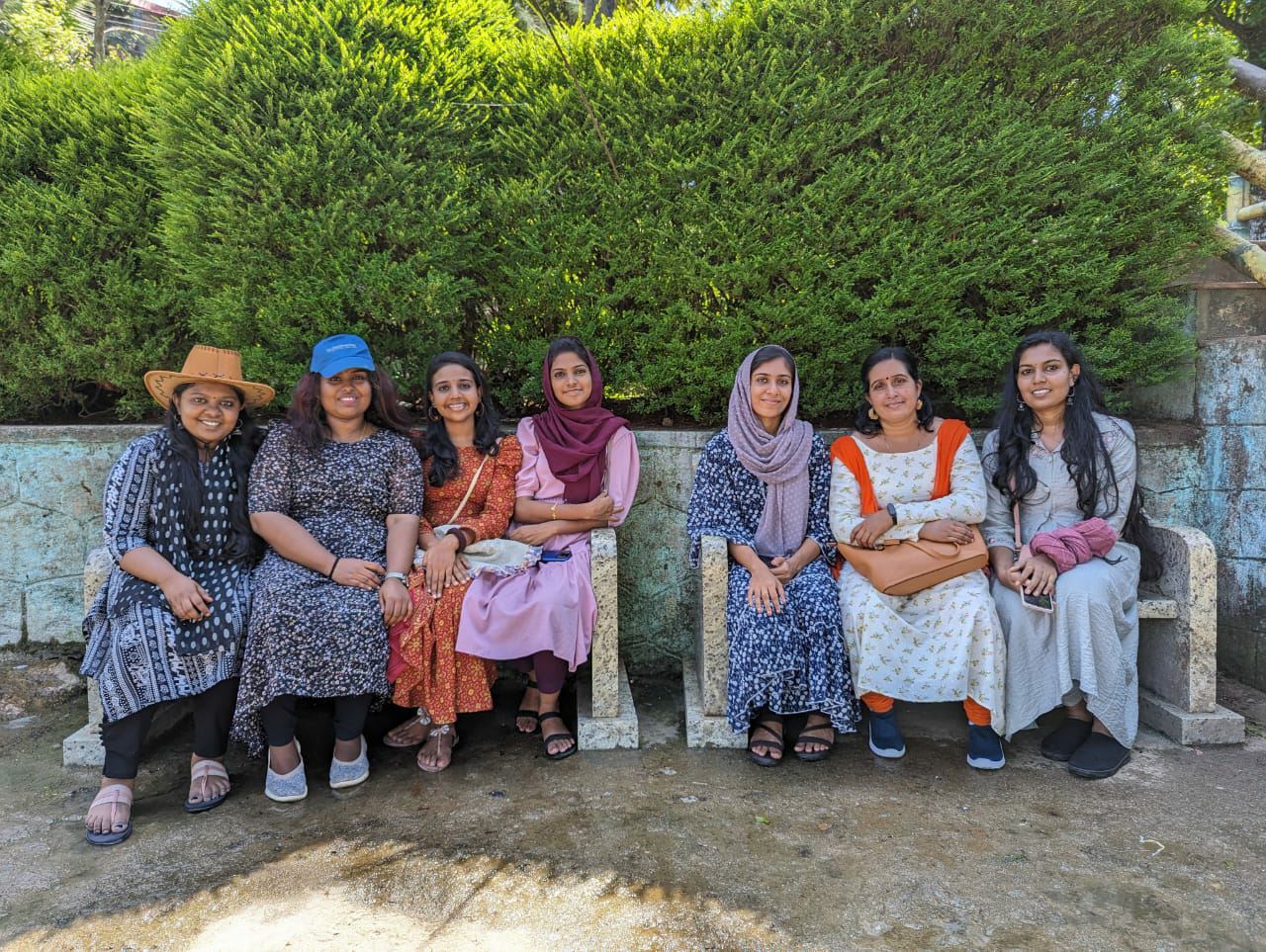THEATRE PRACTICE 🎨💃🎵
We organized theatre practice session under the guidance of art teachers.
Satish G Nair was the guest. He is acting as actor, director, author, trainer, teacher etc. in theatre-film-television-radio-scenes. About sixty literary works have been published in periodicals and textbooks.
In 2015, he was selected as a member of the Board of Directors in the Kerala State Film Development Corporation.
He has directed about fifty plays for different theaters.
Winner of monoact, skit, drama, mime, mimicry etc. in Kerala University Arts Festivals and National Inter-University Arts Festivals.
He was the creative director of national theater workshops like `Kriti and Rangapatham' conducted by Kerala University and ``Nadotakam' conducted by Shankaracharya Sanskrit University.
He was the Jury Chairman of the Inter-College Anti-Drug Street Drama Competition jointly organized by the Kerala Excise Department and Malayinkeesh Madhavakavi Memorial Arts and Science College.
He has worked as a director of campus theaters such as Thiruvananthapuram University College, Kerala University, Kerala University Department Union etc.
Theatre practice holds immense importance in the B.Ed. curriculum as it can greatly enhance the teaching skills and overall professional development of future educators. Here are some key reasons why theatre practice is relevant in B.Ed. curriculum:
1. Communication skills: Theatre practice helps in developing effective communication skills, both verbal and non-verbal. It enables educators to express themselves more confidently and eloquently, which is vital when delivering lessons and interacting with students, parents, and colleagues.
2. Creativity and innovation: Theatre fosters creativity and encourages educators to think outside the box. It allows them to explore different teaching methods and strategies, making their lessons more engaging and interactive for students. The incorporation of drama in the curriculum can help create a more inclusive classroom environment and cater to diverse learning styles.
3. Critical thinking and problem-solving: Theatre practice requires individuals to think critically, analyze situations, and make decisions quickly. These skills are transferable to the educational setting, enabling educators to effectively solve problems that may arise during the teaching process, adapt to different teaching scenarios, and effectively manage student behavior.
4. Empathy and perspective-taking: Theatre helps educators develop empathy by putting themselves in the shoes of different characters. This skill can be valuable in understanding students' emotional needs, enabling educators to create a supportive and empathetic learning environment.
5. Collaboration and teamwork: Theatre is a collaborative art form that requires teamwork and cooperation. Through theatre practice, educators learn to work effectively in groups, understand the significance of collective effort, and value diverse perspectives. These skills are crucial for building productive relationships with colleagues, parents, and students.
6. Confidence and self-expression: Theatre practice boosts self-confidence and allows educators to express themselves in a creative and authentic way. This confidence can translate into their teaching style, making them more engaging and inspiring to students.
7. Cultural and historical awareness: Theatre often incorporates historical and cultural elements, teaching educators about different societies and their traditions. This awareness enables educators to incorporate diverse perspectives and experiences into their lessons, fostering inclusivity and celebrating diversity.





